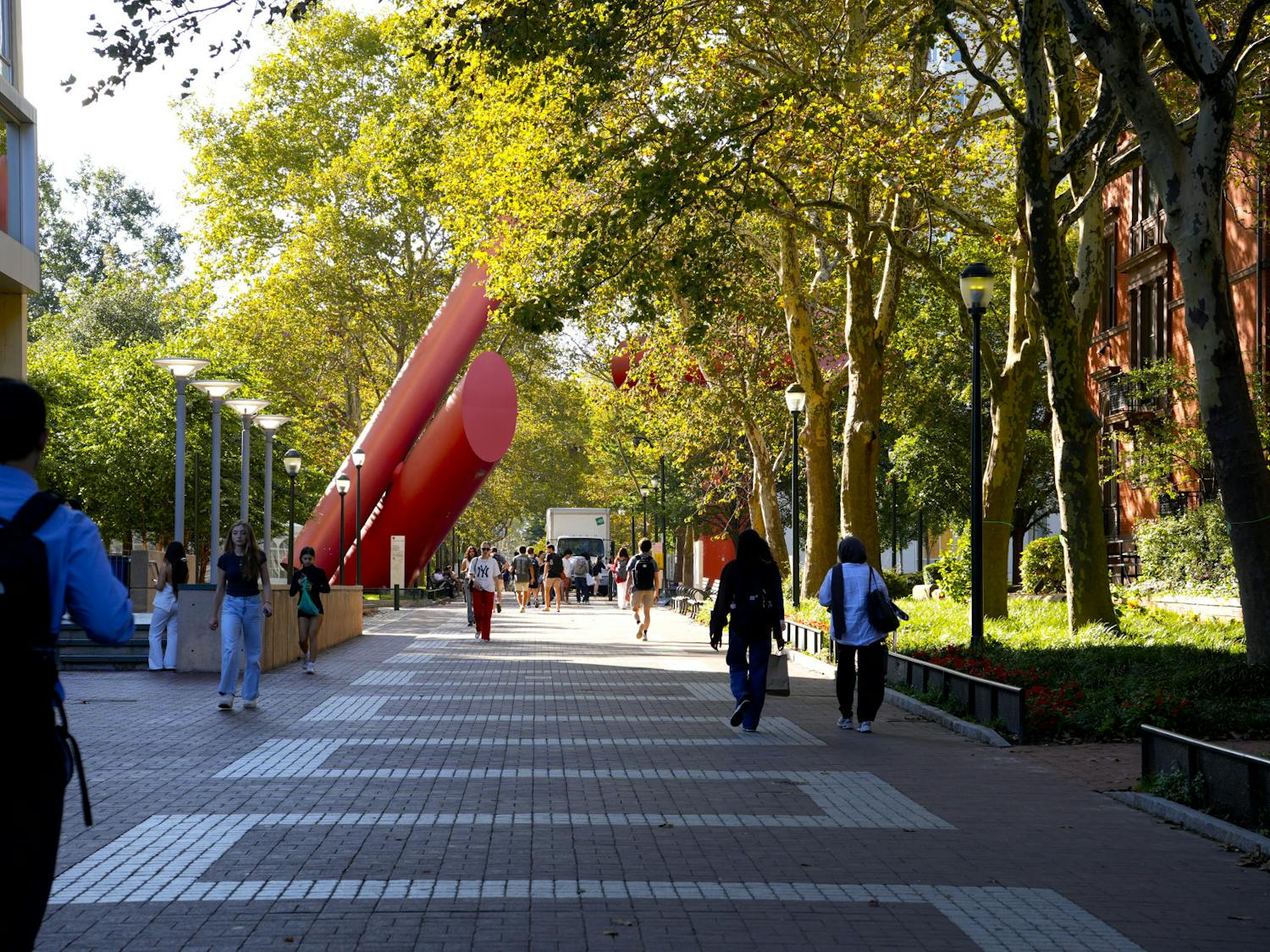Harvard officials put an end to a series of misunderstandings about their admissions policies earlier this month when they released a statement saying that they would abide by the Early Action and Early Decision guidelines laid out by the National Association of College Admissions Counseling.
This announcement clarifies a comment that Harvard Dean of Admissions and Financial Aid William Fitzsimmons made in June implying that Harvard officials were considering adopting a policy which would allow students who were admitted into other universities' Early Decision programs to break these contracts and enroll at Harvard.
A fact sheet released by Harvard's Office of Undergraduate Admissions on July 18, however, clearly stated that Harvard would not be adopting such measures.
Instead, it said that Harvard would abide by NACAC's Early Action and Early Decision procedures, which have recently been modified to allow students who apply to a binding Early Decision college to simultaneously apply to an unlimited number of non-binding Early Action colleges.
"Although Harvard will abide by this rule, we have not changed our underlying admissions philosophy," the statement read. "We will encourage students not to apply under Early Action to Harvard if they are applying under Early Decision elsewhere, and we expect that students will honor their commitments."
Currently, Harvard is the only Ivy-League institution that does not use a binding Early Decision program. Instead, Harvard allows prospective students to use their Early Action program, which does not force them to immediatly enroll upon being admitted.
This clarification has been met with relief from competing institutions, which were under the impression that Fitzsimmons' announcement in June would make it impossible to ensure that Early Decision applicants would honor the binding contract.
"I'm pleased that Harvard has seen it fit to support the Early Decision program," Penn Dean of Admissions Lee Stetson said. "I think the next few years will be a time of consideration of where Early Decision and Early Action is heading."
Over the past year, these procedures -- which give prospective students the options of applying to universities prior to the standard January deadline -- have been criticized for putting unnecessary pressure on high school students, relatively early in the admissions process, to decide where they will spend the next four years of their lives .
"The main caveat that we're concerned about is that the student does have to make a committment to a college in January, and that takes place without them knowing about the financial aid that they are going to receive," NACAC Executive Director Joyce Smith said. "If a student is having difficuty deciding about early decision, they shouldn't apply."
In early May, for example, the University of North Carolina chose to completely abolish Early Decision by choosing to only offer applicants the options of regular decision or non-binding early notification.
Among the reasons that UNC cited for altering their policies was the fact that their Early Decision applicant pool seemed to represent a more financially able group of students coming from high schools with experienced college counselors.
Additionally, Yale University President Richard Levin said earlier this year that it would be good for the Ivy League to jointly abandon these programs. Yale, however, has not yet taken any steps toward dropping its Early Decision process.
Nevertheless, Smith said that these incidents do not significantly threaten the use of Early Decision. If anything, she said, they reveal how the process is evolving.
"I can remember when Early Decision plans twenty five years ago were a small part of the admissions process -- students knew it was their first choice, and had no difficulty committing," Smith said. "Now students have applied a certain gainsmanship to these plans and colleges want the 'cream of the crop' kids."
The misunderstanding about Harvard's Early Action policy has further brought into light the changing scope of these procedures as universities choose whether or not to continue implementing them.
Regardless, Smith said that it will take many discussions to assess the true intentions of Early Decision and Early Action, and the proper use of these procedures.
"I have heard folks say 'let's just have a moratorium on these plans,' but lots of people have let us know that they want to consider pursuing Early decision and Early Action programs," Smith said. "What we want to do is to try to keep central in our effort is what happens to students and what's fair to students."








